Fundamental and Applied Physics
Specialists in physics are the universality of knowledge, system thinking, the ability to use modern physical and mathematical methods, as well as the ability to independently set and solve new scientific and technical tasks in a wide range of natural sciences, as well as in various industries and businesses.
Major Academic Disciplines
- course of general physics (mechanics, molecular physics, electricity and magnetism, optics, atomic physics, nuclear physics and elementary particles)
- course of theoretical physics (theoretical mechanics, electrodynamics, quantum theory, thermodynamics, statistical physics, physical kinetics)
- programming and workshop on the computer
- mathematical modeling and programming
- radiophysics and electronics
- physics of condensed matter
- physical science
- physical crystallography
- diffraction structural analysis
- tribophysical
- electron diffraction and electron microscopy
- educational technologies
- methods of teaching physics
Professions for Graduates
Sufficient versatility of training allows a physics graduate to adapt to any profession that provides for research, scientific and pedagogical, engineering, organizational and administrative activities. Two main areas of activity:
- specialist (engineer, researcher, head of laboratory) in the scientific and industrial sphere;
- teacher of physics at school, lyceum, gymnasium, college, etc.
Graduates scope of employment
- research institutes;
- industrial enterprises;
- universities and schools.
You May Also Like

Biochemistry and Physiology
16.02.2021
RUSSIAN LANGUAGE AND CULTURE IN THE MODERN WORLD
26.03.2021


